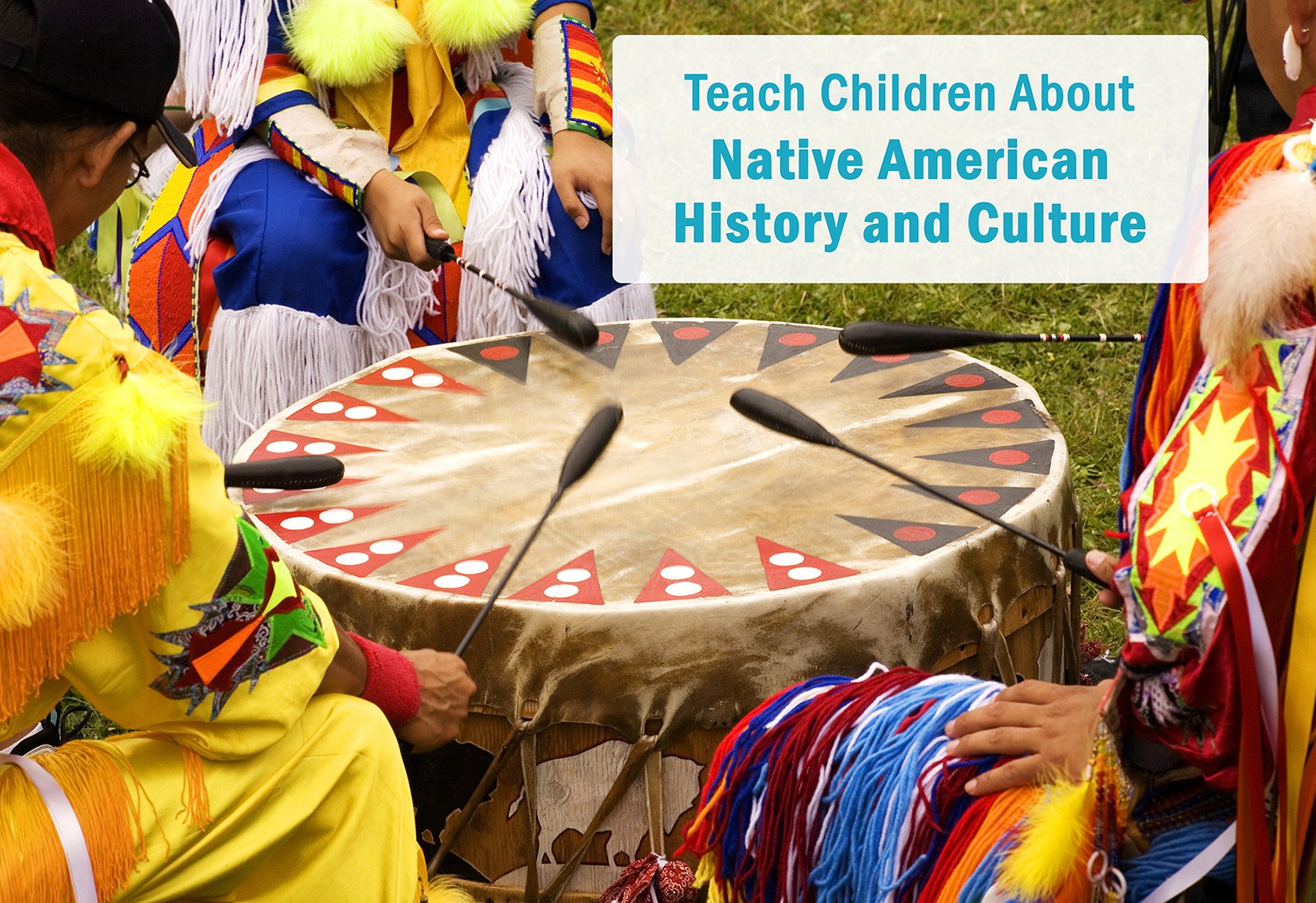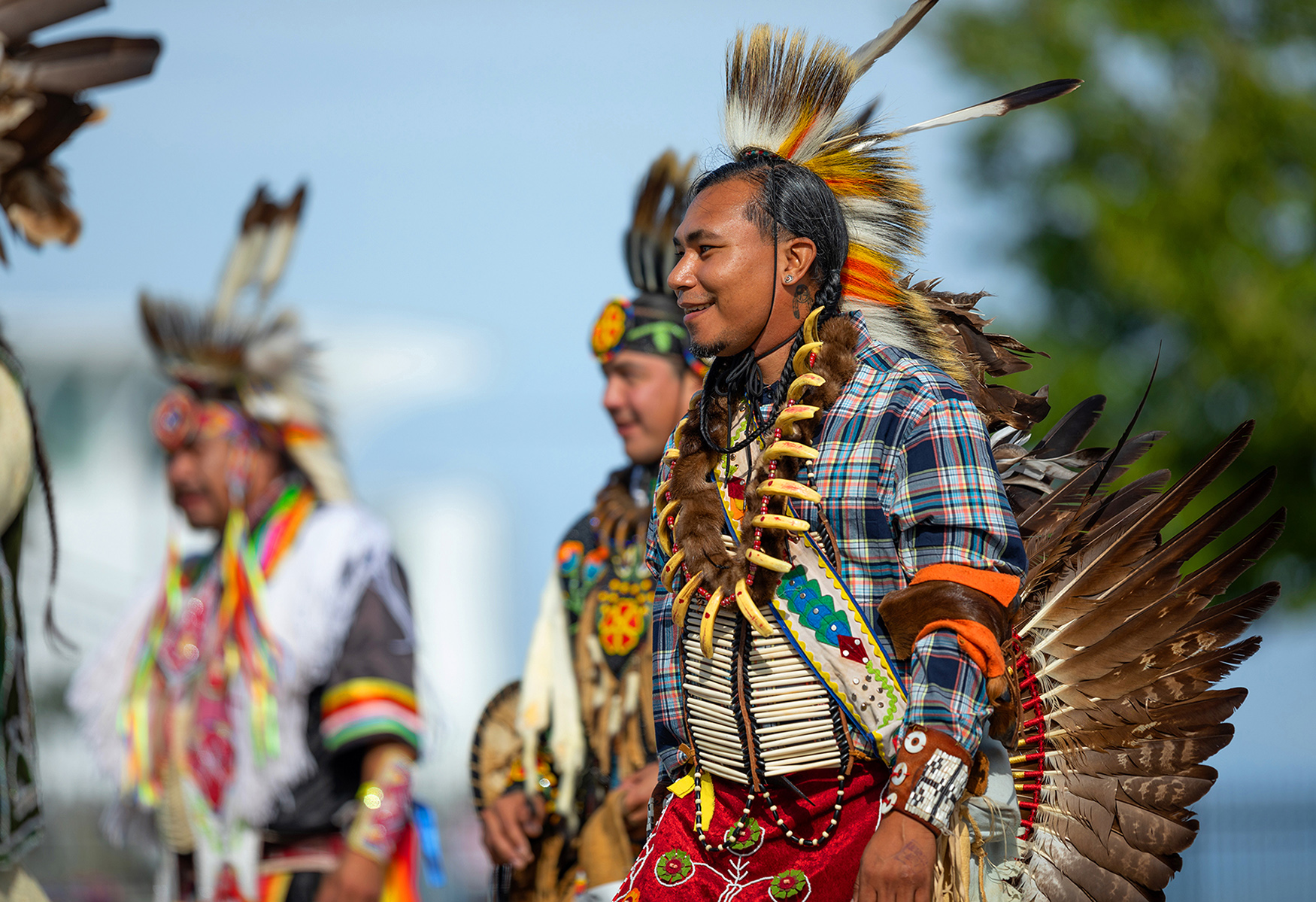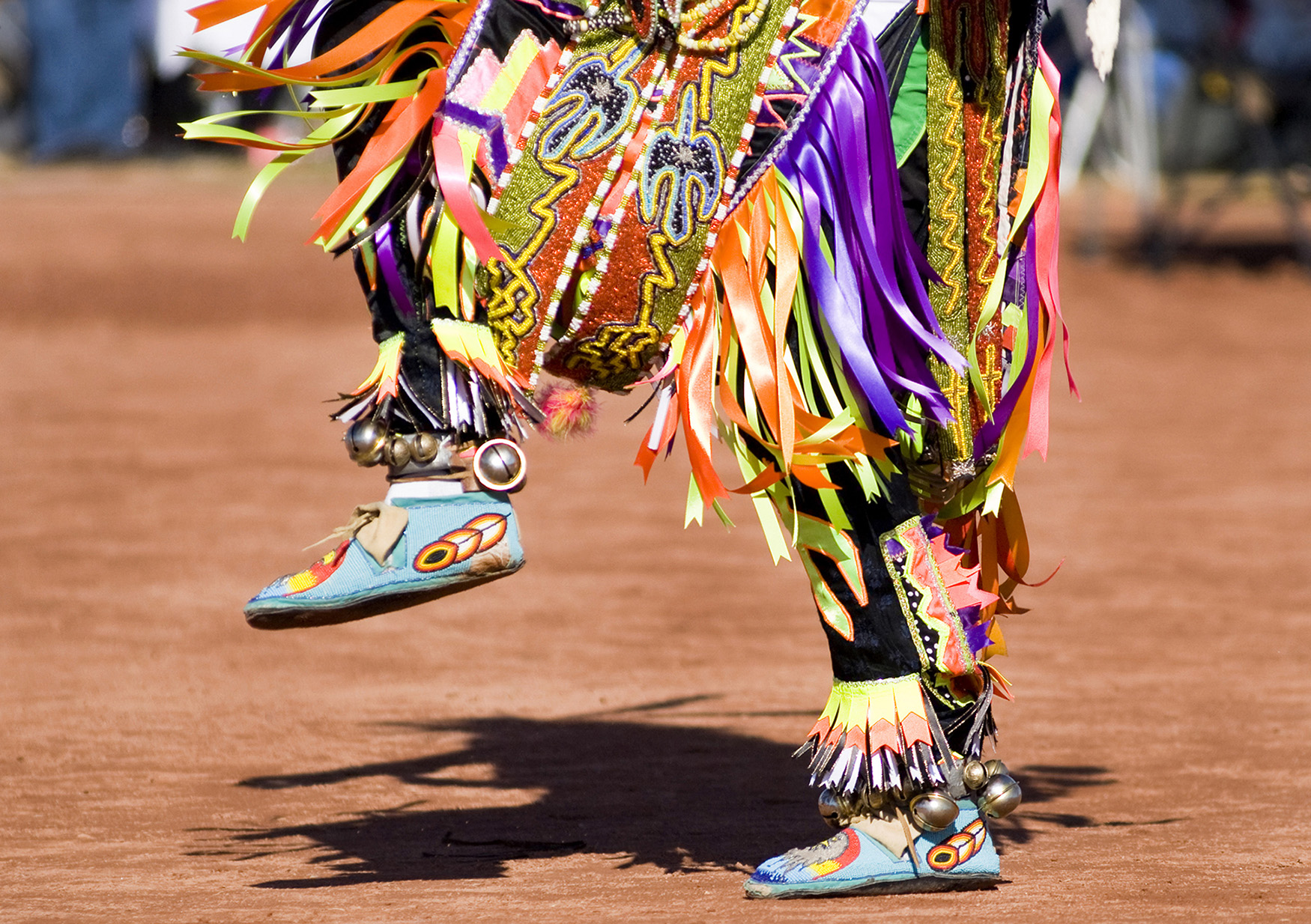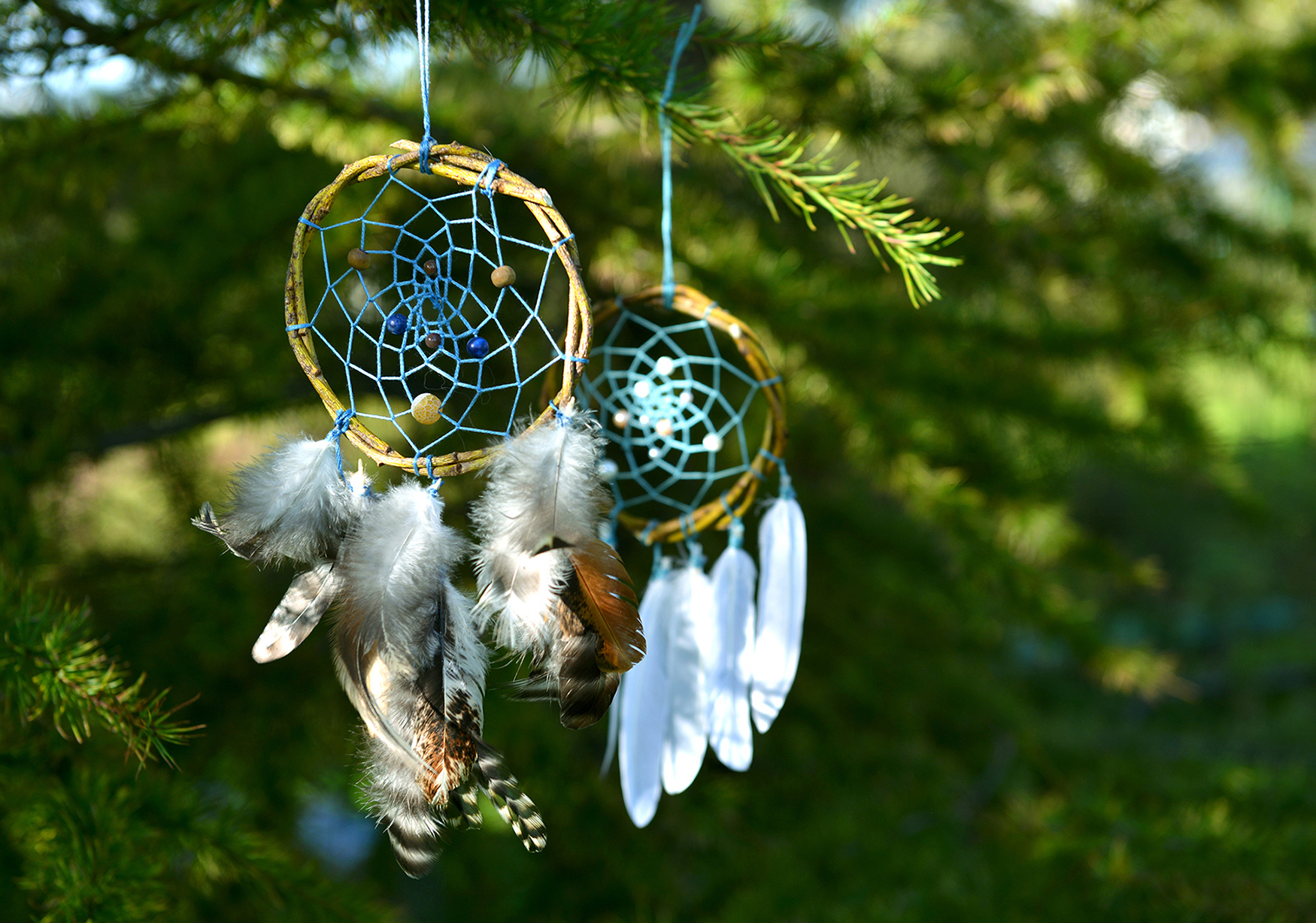
November is National Native American Heritage Month. Celebrate the rich culture, traditions, and history of Native Americans with your students this month with educational activities your class will love. In our November blog post, we feature several social studies activities that will help your little learners discover and appreciate Native American heritage. Read on to find out more.
Giving your students the opportunity to learn about Native Americans will broaden their perspective, enrich their understanding, and help them grow an appreciation of the multi-faceted cultures of Native people groups. In many elementary classrooms, the study of Native American history and culture is limited to a retelling of the first American Thanksgiving or the assembly of a paper teepee. These are good places to begin an exploration of Native American culture with children, but we hope these activities will help you and your students awaken wonder and inspire admiration for Native American heritage on a deeper level.
Before we dive into these Native American activities, we want to encourage you and your class to adapt the educational projects you find below to your own social studies curriculum. You can study the Native people groups of Canada, Mexico, Central and South America, Australia, and beyond. Our intention is to celebrate the varied cultures and histories of all Native people groups, especially those who have a rich history in your geographic area.

Your elementary students will learn about Native American tribes with a research project they can share with their classmates. Did you know there are more than 500 federally recognized Native American tribes and nations within the United States? Every Native American tribe has a distinct history, heritage, and traditions. The Iroquois, the Cherokee, the Navajo, the Sioux, the Shoshone, the Cheyenne, the Apache, the Odawa, and the Crow people are just a few of the hundreds of Native American tribes within the continental United States.
Guide your students through a research project that will help them learn more about one of the many Native American tribes. You can assign a Native American tribe to one student or a group of students, you can instruct your students to choose one of the Native American tribes from a class list, or you can encourage students to research a Native American tribe of their choosing. Students can study important facts about the Native American tribe they choose.
Some historical facts they research may include:
Some present-day facts they research may include:
There are many ways you can carry out this Native American tribe research project with your class. We encourage you to give students the opportunity to present their research to their classmates. You may even want to ask questions or facilitate a guided discussion.

Explore the stories and legends of Native American culture with your elementary class. You can find plenty of educational websites for children that feature some of the folklore, mythology, and stories of different Native American tribes. Some of these stories are common to many tribes, such as The Medicine Man. Others are distinctive of a particular tribe, like Child of Water and Little Blue Rock, an Apache myth, or Wise Owl, an Iroquois creation myth.
Here are some ways you can explore Native American stories and legends together as a class:
Adapt this activity based on the age and grade level of your students. Preview some Native American stories you want to share with your class. Use this activity as an opportunity to introduce your students to the important traditions and folklore that comprise the rich culture of various Native American tribes. And remember to have fun!

Discover Native American art and artifacts with hands-on crafts and art projects your students will enjoy. We love giving little ones an opportunity to experience other cultures through arts and crafts, and maybe you do too! The important thing to remember is the educational component you bring to any of these arts and crafts projects.
When you facilitate an arts and crafts project to help children explore Native American culture, you can guide them to understand the activity through the lens of history. For example, use a paper teepee craft to illustrate one of the many types of Native American dwellings of the past, helping children understand not all Native Americans lived in teepees. Similarly, try a totem pole art project accompanied by a discussion of the role totem poles play in Pacific Northwest Coastal Native American tribal culture.
Here are a few arts and crafts projects you many want to try with your little ones:
You will find plenty of tutorials for these crafts and many more on educational websites for children. Check out the Native American History and Culture page on Super Teacher Worksheets for printable crafts and educational worksheets to accompany your elementary art projects.
We hope these educational activities will inspire you and your students to celebrate the rich heritage and history of Native American culture. Be sure to tag @superteacherworksheets on social media so we can check out your cultural celebrations. Plus, leave us a comment below to let us know what you think of these ideas for celebrating Native American culture in the classroom.
Looking for more fun, educational social studies activities for your elementary students? Visit the Super Teacher Worksheets Social Studies Worksheets Collection!
You may also like: